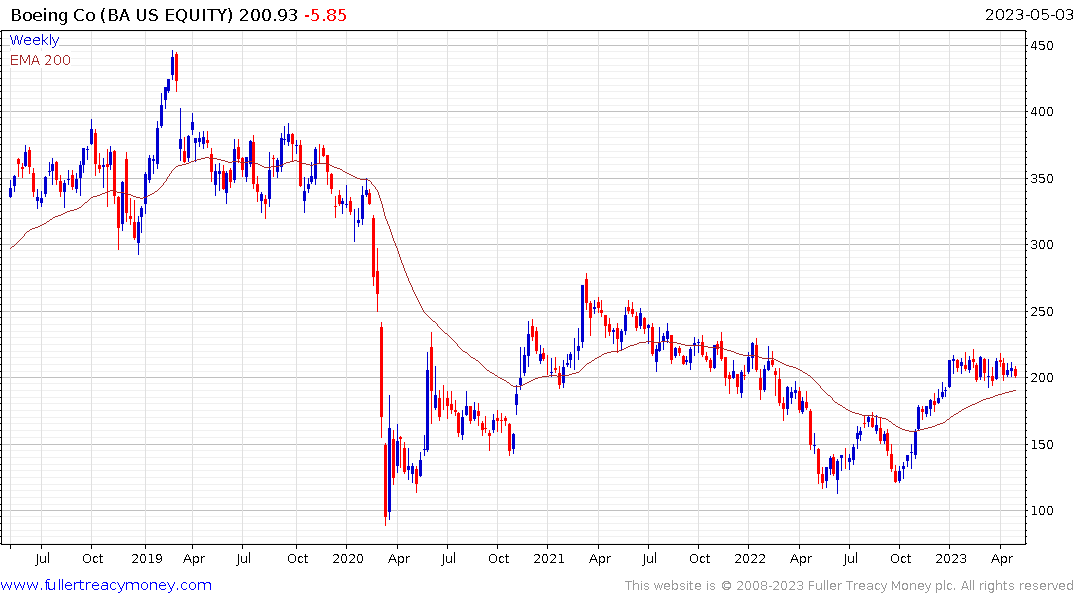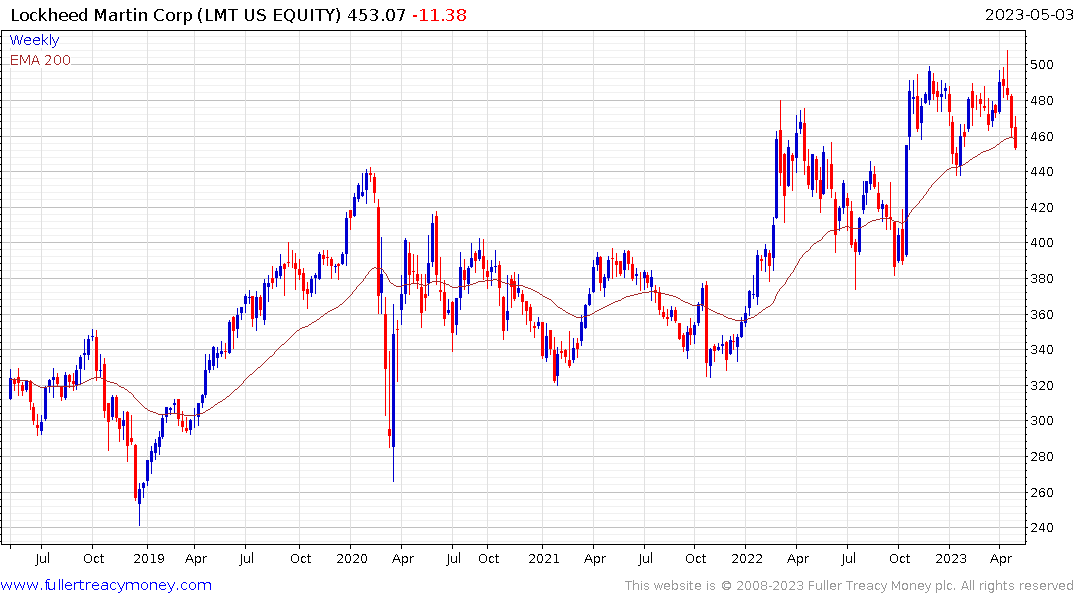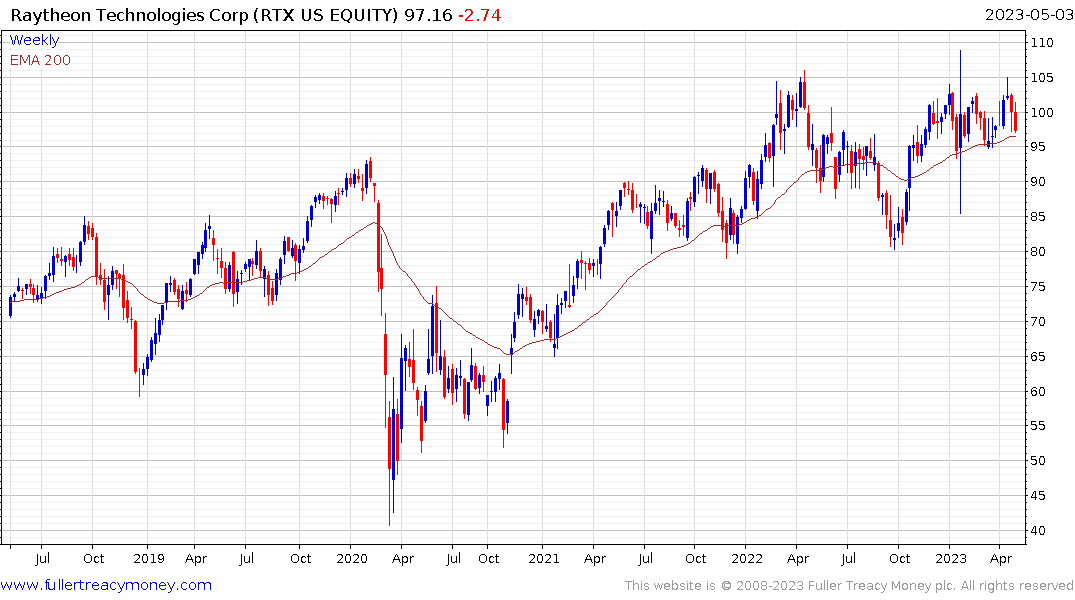Money isn't Enough: getting Serious About Precious Munitions
This article from Warontherocks.com may be of interest to subscribers. Here is a section:
Finally, the Department of Defense should, as Julia van der Colff argued in these pages, consider rapidly fielding “second tier” precision munitions that take advantage of existing technologies to provide large quantities of minimum-capability weapons at reduced costs. Next-generation stealth, sensor, and precision capabilities are key to competing with China in the long run, but these simpler munitions could be more easily (and cheaply) produced in the volumes necessitated by great-power conflict. Combined with unmanned munitions carriers and teamed with manned strike platforms, second-tier weapons could be essential to providing the volume of effects required by these other concepts. As Russia’s use of Iranian drones in Ukraine has shown, not every target requires an exquisite precision munition. Unlike ventilators during the COVID-19 pandemic, the Department of Defense should not wait until a crisis to explore and test these designs.
The large-scale war in Ukraine has completely upended the procurement calculus for NATO. The “less is more” focus on high tech precision strikes is giving way to the acceptance that sometimes dumb weapons just need to hit in the vicinity of a target.


Boeing and Lockheed Martin both sell kits to upgrade bombs to smarter versions.

Meanwhile the drive towards semi-autonomous targeting continues. The US Air Force successfully tested a swarming missile targeting system more than a year ago for example which was developed by Raytheon.
The consolidation of the armaments industry means a comparatively small number of companies are in line to benefit from the changing procurement priorities of several governments.
The big question is when will the cash be made available for this kind of necessary spending. Several countries deprioritised spending on munitions during the period of peace that followed the end of the Cold War. That budget capacity often ended up in social payments which are not easily removed. The urgency of the resupply issue suggests the likelihood of a return to fiscal probity is unlikely.
Nevertheless, the respective shares are susceptible to weakness until that conclusion becomes a reality.
Back to top

